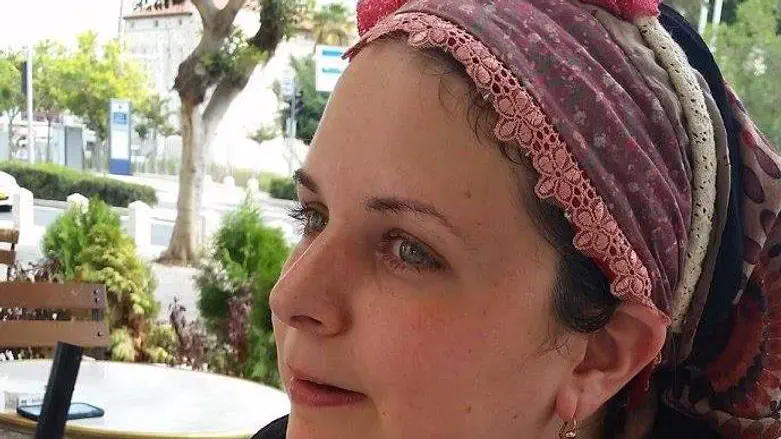
Recent claims by Iranian officials and certain media outlets suggesting that Azerbaijan assisted Israel in its airstrikes against Iran have once again drawn attention to the complex geopolitical dynamics in the South Caucasus and the Middle East. “Azerbaijan will never allow its territory to be used for attacks on third countries, including Iran,” Azerbaijan’s Foreign Minister Jeyhun Bayramov told his Iranian counterpart Abbas Araghchi.
“Since gaining independence from the former Soviet Union, the Republic of Azerbaijan has adopted a multi-vector foreign policy approach that emphasizes maintaining balanced and diversified relations with multiple global powers. This strategy has been crucial in preserving national sovereignty, attracting investment, and ensuring security, particularly in the face of Armenia’s occupation of nearly twenty percent of Azerbaijan's territory for almost three decades,” writes Shahmar Hajiyev, head of department at the Center of Analysis of International Relations.
At the same time, an anonymous Azerbaijani government official added that the Republic of Azerbaijan conducts a balanced, independent foreign policy rooted in mutual respect, non-interference, and constructive engagement with all its neighbors. Meanwhile, the official noted that Azerbaijan maintains a strong and strategic partnership with the State of Israel, which is based on historical ties, shared interests, and mutual respect: “Azerbaijan has always emphasized that its bilateral relations — be it with Israel or any other nation — are never directed against third countries.”
The multifaceted Azerbaijan-Israel partnership spans energy cooperation, agriculture, high technology, security, and humanitarian ties. According to the anonymous Azerbaijani governmental official, these relations are grounded in mutual benefit, transparency, and equality: “Azerbaijan is home to one of the oldest and most respected Jewish communities in the Muslim world — a testament to its culture of tolerance.”
During the Second Karabakh War in 2020, Israel openly supported Azerbaijan’s territorial integrity, which the anonymous Azerbaijani official stressed further deepened trust between the two nations, stressing this cooperation does not come at the expense of other regional actors.
According to various Azerbaijani government officials, Iran’s accusations — that Azerbaijan has played a role in Israeli military operations — lack credible evidence and appear to be part of an information warfare strategy. Saadat Sukurova, who heads Kanal 24, an Azerbaijani TV station, stressed that these claims may serve several internal and external objectives:
1. Divert domestic attention away from Iran’s internal challenges by promoting the narrative of an external enemy;
2. Undermine Azerbaijan-Iran relations by fueling distrust and tension;
3. Counter Israel’s growing regional influence through defamation and disinformation.
Sukurova stressed that such rhetoric damages not only diplomatic trust but also prospects for broader regional cooperation.
According to various Azerbaijani media outlets, Baku has repeatedly reaffirmed that the territory of Azerbaijan has never been — and will never be — used for attacks against third countries. Sukurova noted that this position is in line with international law and the UN Charter: “Azerbaijan believes in regional peace and sustainable dialogue based on mutual sovereignty and non-interference.”
In a region marked by tension and conflict, Azerbaijan has consistently opted for dialogue over confrontation, partnership over polarization, the anonymous Azerbaijani government official stressed. According to him, “The country seeks peaceful and constructive relations with all its neighbors, regardless of their internal systems or alliances. While Iran views Israel as a regional rival, Azerbaijan does not subscribe to such binary thinking.”
Sukurova stressed: “The essence of diplomacy lies in engagement, not blame. Those who seek to build peace must avoid inflammatory rhetoric and embrace cooperation. Iran’s unfounded allegations against Azerbaijan serve neither regional stability nor genuine diplomacy. Rather, they risk escalating mistrust and eroding hard-won gains in regional dialogue.”
According to various reports in the Azerbaijani media, Azerbaijan remains committed to a policy of open cooperation, mutual respect, and non-aggression. These reports claim that it neither wishes to become a battlefield for competing interests nor to see its partnerships misrepresented or manipulated.
Many in the West value Azerbaijan as a reliable and principled actor on the world stage for it chooses peace over provocation, balance over bias. From the perspective of the Azerbaijani government, allegations that ignore these facts not only distort reality — they violate the spirit of neighborly relations. As the Azerbaijani anonymous official noted, “True regional cooperation can only be built on trust, not the spreading of baseless allegations.”
Rachel Avraham is the CEO of the Dona Gracia Center for Diplomacy and an Israel-based journalist. She is the author of "Women and Jihad: Debating Palestinian Female Suicide Bombings in the American, Israeli and Arab Media."